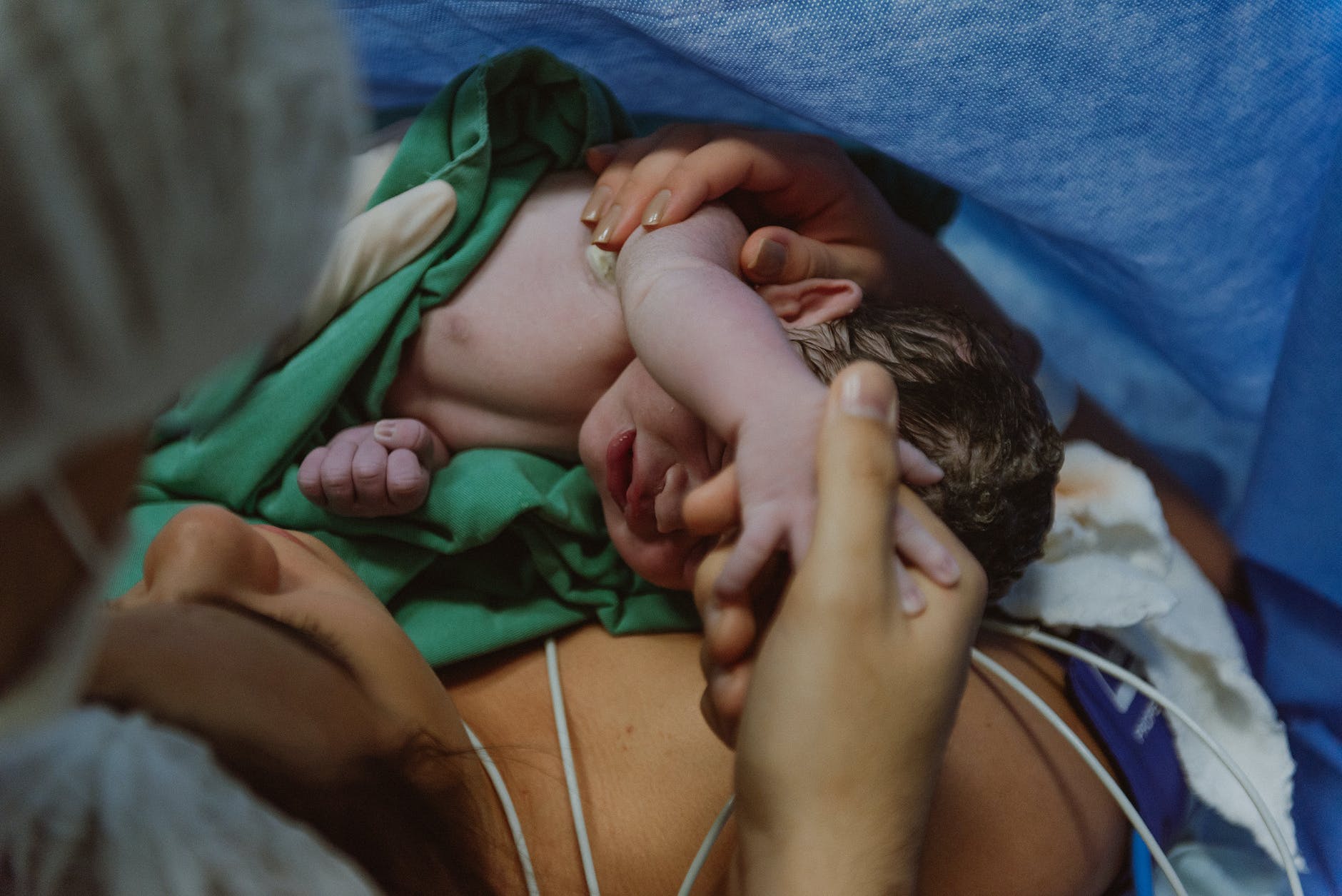- Venkata Padma Hospital
- 0 Comments
Newborn Jaundice: Causes, Symptoms, and Treatment at Venkata Padma Hospital
In this comprehensive guide, we will explore the intricacies of newborn jaundice, including its causes, symptoms, and the available treatment options at Venkata Padma Hospital.
Understanding Neonatal Jaundice
Neonatal jaundice, commonly known as infant jaundice, is a condition characterized by the yellowing of a newborn baby’s eyes and skin. This phenomenon occurs due to elevated levels of bilirubin, a yellow pigment, in the baby’s blood. It is particularly prevalent in preterm infants and breastfed babies, as their developing livers may struggle to effectively process and eliminate excess bilirubin. In most cases, this condition resolves naturally as the baby begins to feed regularly.
Causes of Newborn Jaundice
The primary cause of newborn jaundice is an excess of bilirubin in the baby’s bloodstream, a condition known as hyperbilirubinemia. The baby’s immature liver is not fully equipped to efficiently metabolize and eliminate bilirubin. Several factors can contribute to the development of newborn jaundice, including:
1. Premature Birth and Insufficient Breast Milk: Newborn jaundice is more common in premature babies and those born before 37 weeks of gestation. Additionally, babies who do not receive adequate breast milk or experience feeding difficulties are at an increased risk of developing jaundice.
2. Incompatible Blood Types: In cases where the mother and baby have incompatible blood types, there is a higher likelihood of newborn jaundice. This incompatibility can lead to the production of antibodies by the baby’s immune system, which can result in the breakdown of red blood cells and an elevation in bilirubin levels.
Symptoms of Newborn Jaundice
The symptoms of newborn jaundice can vary in severity. Mild cases may present with the following symptoms:
– Yellowing of the skin and sclera (white part of the eyes)
– Persistent drowsiness
– Itchy skin
– Poor feeding patterns
– Pale stools and dark-colored urine
In more severe cases, the following symptoms may be observed:
– Yellowing of the abdomen and limbs
– Constant drowsiness
– Inadequate weight gain
– Yellowing of the eyes
– Difficulty in feeding
– Prolonged duration of symptoms, which can last for nearly a month
Treatments for Newborn Jaundice
Newborn jaundice typically resolves on its own within the first two weeks of life. However, if the condition persists or worsens, medical intervention may be necessary. Treatment options for newborn jaundice include:
1. Phototherapy or Light Therapy: This non-invasive technique involves exposing the baby to special lights that alter the structure of bilirubin molecules, making them easier for the body to eliminate. The baby is usually placed naked under the lights, with protective eyewear to shield the eyes from harmful ultraviolet rays.
2. Exchange Blood Transfusion: This procedure is considered when phototherapy is ineffective. It involves withdrawing a small amount of the baby’s blood, removing excess bilirubin, and then returning the blood to the baby’s circulation. The baby is closely monitored in intensive care during this process.
3. Intravenous Immunoglobulin (IVIg): IVIg treatment is utilized when there is blood type incompatibility between the mother and baby. It involves the administration of immunoglobulin, a protein that helps reduce antibodies transferred from the mother to the baby. These antibodies can attack the baby’s red blood cells, leading to elevated bilirubin levels.
Prompt medical attention is crucial if you observe any symptoms of newborn jaundice in your infant, as untreated jaundice can pose risks to the baby’s health. With timely and appropriate treatment, your baby can recover and thrive.
Expert Recommendations - When to Seek Medical Care

At Venkata Padma Hospital, we prioritize the well-being of both mother and baby. Our dedicated healthcare professionals are ready to provide expert care and support for newborns experiencing jaundice. If you have any concerns or notice symptoms of jaundice in your baby, do not hesitate to seek professional help immediately.

